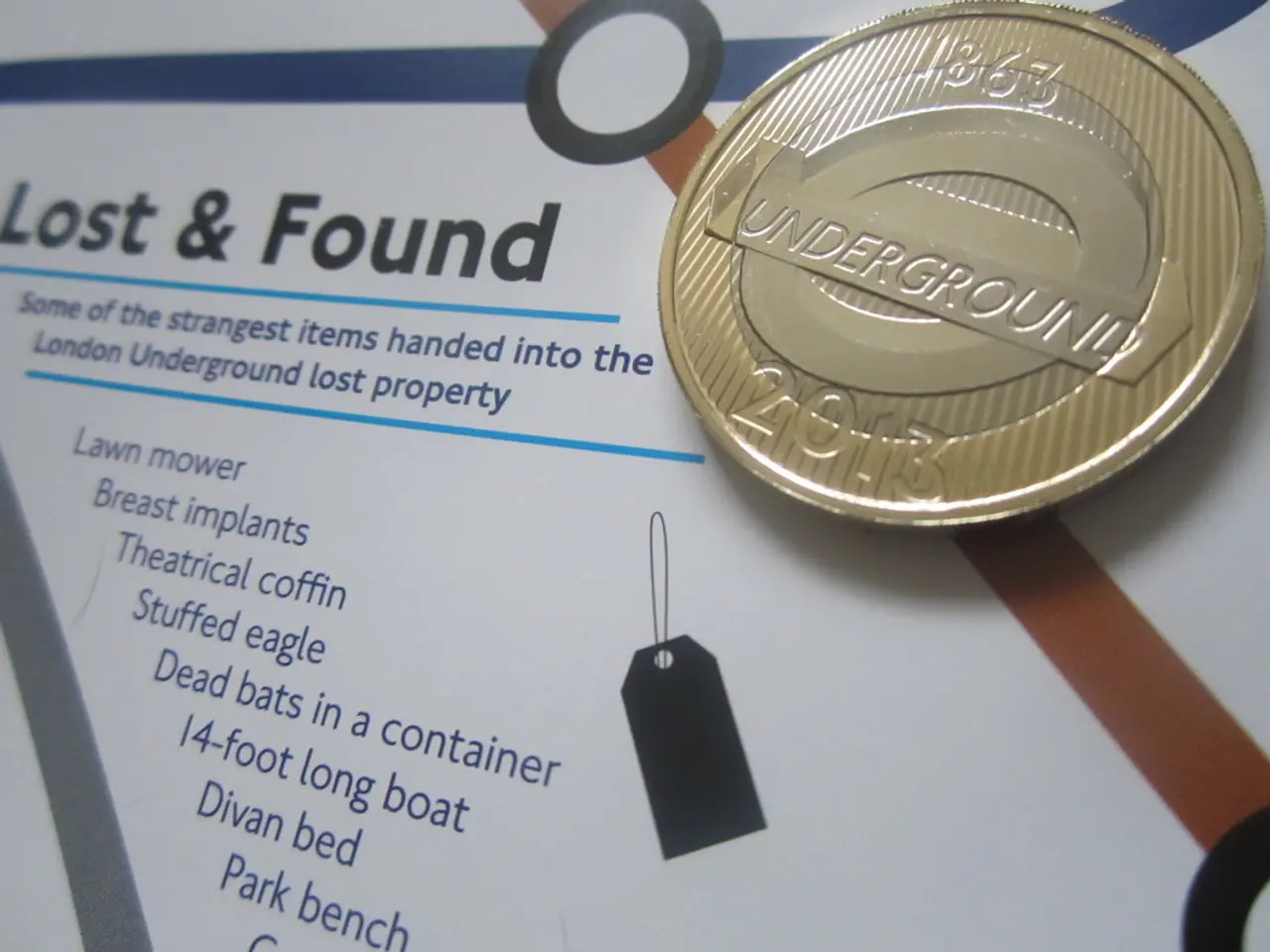Strengthening Strategic Alliance: Modi Affirms India's Goal to Foster High-Performing, Robust Relationship with the UK Following the Signing of the FTA Agreement
India and UK Sign Comprehensive Economic and Trade Agreement (CETA)
The India-UK Comprehensive Economic and Trade Agreement (CETA), signed on July 24, 2025, marks a significant step forward in strengthening bilateral economic ties between the two countries.
Key details and features of the CETA include:
- Tariff Elimination: The agreement ensures tariff elimination on about 99% of tariff lines covering nearly the entire range of India’s exports to the UK, including key sectors like textiles, leather, marine products, gems and jewellery, toys, chemicals, engineering products, and agricultural products. This means these goods will enter the UK market with zero customs duty.
- Access for UK Exports: India has opened 89.5% of its tariff lines covering 91% of UK exports, with gradual tariff reductions on certain sensitive or strategically important products over 5 to 10 years, including sectors where domestic capacity is being developed like under “Make in India” or Production Linked Incentive (PLI) schemes.
- Protection of Sensitive Sectors: India has safeguarded critical areas such as dairy, pulses, certain cereals and millets, specific essential oils, gold, lab-grown diamonds, and strategic products like energy fuels and smart phones.
- Services and Labour Mobility: The agreement incorporates strong provisions for services and measures to facilitate professional mobility, easing the movement of skilled professionals between the two countries.
- Strategic Cooperation Plan: Alongside CETA, the two governments unveiled the India-UK Vision 2035, a comprehensive roadmap to deepen collaboration across trade, technology, defence, education, climate, and innovation sectors, aiming to boost jobs, investments, clean energy, and strengthen ties grounded in shared democratic values.
- Economic Impact: Bilateral trade currently stands near USD 56 billion, with a goal to double this by 2030. The duty-free access and reduced trade barriers are expected to especially benefit labour-intensive and fast-growing sectors like textiles, marine products, leather, footwear, sports goods, toys, gems and jewellery, engineering goods, auto components, and organic chemicals.
- States and Sectors Benefiting: States such as Maharashtra stand to benefit significantly in sectors like engineering goods, pharmaceuticals, and apparel, with enhanced export opportunities forecasted as tariffs are eliminated and market access improves.
- Implementation Status: The agreement is signed but not yet in force. Both India and the UK must complete their respective domestic procedures before CETA comes into effect, after which businesses can trade under its terms.
Benefits summary:
- Near-complete tariff elimination for India’s exports to the UK, boosting competitiveness.
- Gradual and selective opening of Indian markets to UK exports with protection for sensitive sectors.
- Facilitated trade in services and professional labour mobility.
- Strategic partnership beyond trade, supporting investment, technology, climate and education.
- Creation of new economic opportunities for multiple Indian states and export sectors.
- A framework aiming to double bilateral trade within five years.
In addition to the CETA, several other initiatives were announced. Prime Minister Narendra Modi paid condolences to the families of the over 50 British nationals who perished in the Air India plane crash last month at Ahmedabad. The Prime Ministers discussed global issues, including peace and stability in the Indo-Pacific, the ongoing conflict in Ukraine, and the situation in West Asia.
A defence industrial roadmap has been prepared for partnership in defence and security between the two nations. A MoU between the Central Bureau of Investigation and the National Crime Agency of the UK was inked to combat crime and corruption. The foreign secretary announced that Mr Modi had invited Mr Starmer to visit India, and the invitation was accepted.
Six British universities are opening campuses in India, providing opportunities for Indian students to access world-class education. British car manufacturers can benefit from a quota reducing the tariff from up to 110% to 10%. New opportunities will be created in the UK market for India's agricultural produce and processed food industry. Indian consumers will benefit from improved access to British products such as medical devices and aerospace parts at accessible and affordable rates.
Overall, CETA represents a comprehensive, mutually beneficial economic partnership expected to significantly deepen trade and investment flows between India and the UK while safeguarding crucial domestic interests and fostering strategic cooperation on a wide range of issues.
[1] India-UK Comprehensive Economic Partnership Agreement (CEPA) – Frequently Asked Questions
[2] India-UK Comprehensive Economic Partnership Agreement (CEPA) – Text of the Agreement
[3] India-UK Vision 2030: A Roadmap to Enhanced Partnership
[4] India-UK Comprehensive Economic Partnership Agreement (CEPA) – Status of Ratification
[5] India-UK Comprehensive Economic Partnership Agreement (CEPA) – Potential Benefits and Opportunities
- The India-UK Comprehensive Economic Partnership Agreement (CEPA), expected to deepen trade and investment flows, covers various aspects of business, such as tariff elimination on key sectors like textiles, services, and professional labor mobility, alongside providing a framework for tackling crime and corruption.
- The ratification of the India-UK CEPA, along with several other initiatives like defense cooperation and university collaborations, demonstrates the political commitment of both nations to fostering a strong, long-term economic relationship based on policy-and-legislation, general-news, and shared democratic values.




